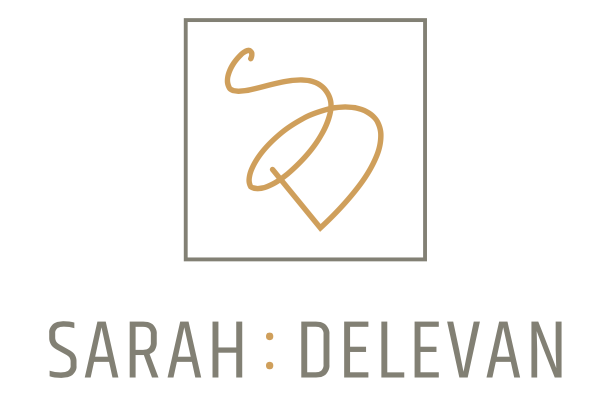Celebrating success in good food businesses is always motivating, but reflecting on failures is vital.
I recently read an article featured in Food Business News about a good food business that “failed” but whose owner said it was “not a waste”.
Here are the 5 Lessons Kyle Peters, founder of Carter & Oak learned from his experience as a Good Food Business owner:
1. Margins matter:
“Everyone says it, but margins, margins, margins. Your margins need to make sense from the jump. I can’t stress it enough that you should be reaching out to co-packers before you need one to learn what the cost structure could be if/when you eventually are ready to scale.
“Reach out to your suppliers and find out pallet, half truck and truck load pricing. This also will help you get a better idea of what your COGS (cost of goods sold) could be in the future. If the numbers don’t work, then you need to change something.”
2. Adapt, but don’t compromise:
“People think all you need to be successful is hard work and passion. That’s not true. Economics matter. The finance of the business matters. You need to understand numbers and also realize that saying, ‘I can’t create this product the way I want to for the price I need to’ and then moving on, that’s a strength. That’s a win.”
“You may have failed at making that product successful, but you’re succeeding in becoming a better entrepreneur and a better person because it takes a lot of self-awareness to recognize that, and ultimately that makes you stronger. Now you can put your efforts and energy into something that will work.”
3. Be realistic:
“I was blinded by that grind, hustle, success culture in the beginning. I quit my job right away and had nothing else, and that’s silly. You have to be practical. You have to look at things with a business mind. You’re going to come into those situations where you do need passion, you do need drive and grit and everything else to push through, but for me, right now, this wasn’t one of those times. I couldn’t passion or grit my way to better unit economics.”
4. Be patient:
“Have aggressive patience. You need to understand that things take time, but that doesn’t mean just forget about them or stop working on them… Give people (especially buyers) the appropriate time and space. But don’t get discouraged after a month… or six.”
5. Be humble:
“Have a clear plan and vision for how you want to execute on your business. But don’t get so married to the original plan that you fail to recognize if/when things need to be changed… like a rebrand. You must learn to put the business and others before your ego.”
You can read the article in its entirety here Five Lessons from a Failed Food Business.
Join us in the Profitable Food Business Community where we host Free Live Q+A Sessions on the first Tuesday of every month.
If you haven't yet, complete your Profit Assessment to get a clear understanding of your numbers and make informed financial decisions as we head into the holidays. Learn more here.
About the Author: Sarah Delevan is a Food Business Financial Coach and Consultant with over 7 years of working in the food industry. She received her MBA from Rollins College and In 2017 she founded Sarah Delevan Consulting based in Los Angeles, CA and serving clients across the United States. She is the creator of the Financial Success Formula and the founder of the Profitable Food Business program as well as the host of The Good Food CFO Podcast. To learn more about Sarah and opportunities to grow a more profitable food business Click Here.



